Why is it difficult to 'learn from failure'?

People can learn from mistakes and use them to grow, but it is difficult to actually apply past mistakes to the future, and we often end up repeating mistakes that could have been avoided.
How to overcome your mistakes - YouTube
In a 2019 study , a research team at the University of Chicago had over 400 subjects perform the task of ``guessing the meaning of an unknown language.''

In the first round of the experiment, subjects were shown three pairs of runes and asked questions such as 'Which of the two letters represents an animal?'

After the subject answered, they were told the correct answer and given the knowledge of which letter was the ``rune representing the animal.''

In the second round, after a short break, the researchers asked the participants again about the same rune combinations.

In contrast to the first round before the break, the questions in the second round asked about the same knowledge, although they had opposite meanings, such as ``Which of the two letters represents an inanimate object?'' thing.

However, this task had a big secret.

One of the reasons is that in the first round, the true answers were not told right and wrong, but rather there were two groups: ``a group whose answer would be considered correct no matter what they answered'' and a group whose answer would be ``incorrect'' no matter what they answered. That it was divided.
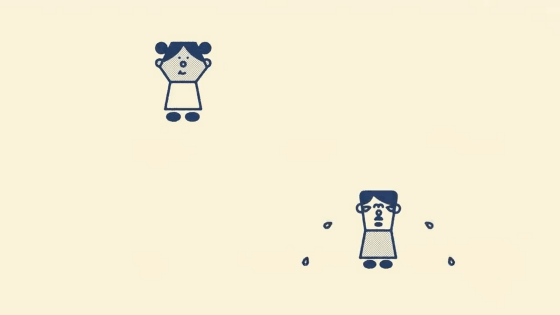
The answer in the second round was determined by how the subject answered in the first round.
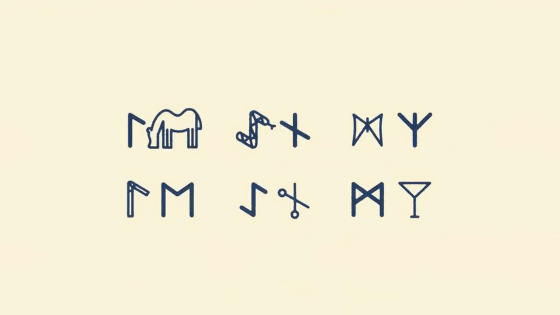
For example, if a subject assigned to the 'group in which all answers in the first round are 'correct'' answers the rune 'ᚦ' as 'animal' in the first round, the paired runes The character 'ᚾ' automatically means 'inanimate object' in the second round. On the other hand, if a subject in the 'group whose first round answers are all 'incorrect'' answers 'ᚦ' as 'animal' in the first round, 'ᚾ' is more likely to be answered in the second round. It becomes 'animal'. In other words, if all subjects had the same amount of information at the end of the first round and there were no differences in their learning abilities, the correct answer rate in the second round should have been similar for both groups. .
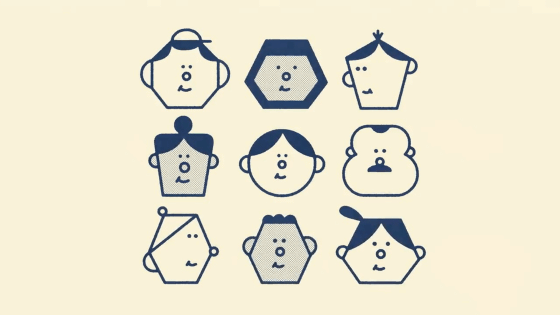
However, as a result of the experiment, subjects in the ``group in which all answers in the first round were ``wrong'' compared to subjects in ``a group in which all answers in the first round were ``correct'''' It was found that the correct answer rate in the second round was low. In other words, if you are told that you made a mistake in the first round, you will not be able to acquire the knowledge that you should have acquired at that time, and you will make a mistake in the second round even though you should have had the same amount of knowledge. is.
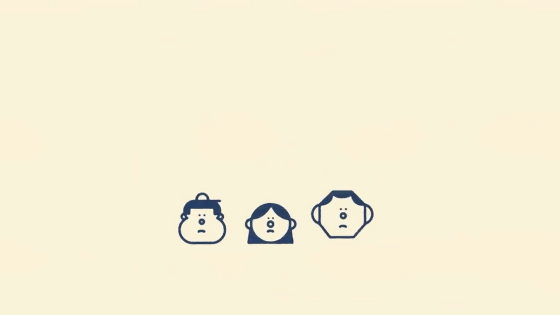
We often hear the phrase, ``Failure is the basis of success,'' which refers to failure as an opportunity for human growth, but in reality, it is quite difficult to learn from failure.
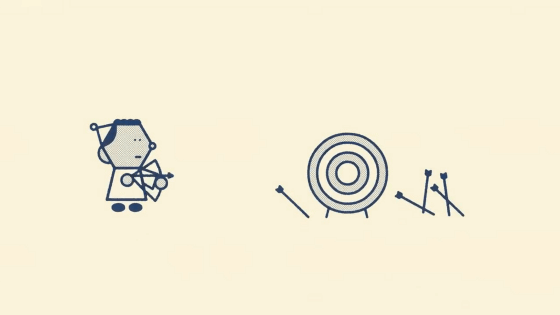
Sometimes we lose motivation due to failure, and sometimes we don't understand why we failed. In these cases, it is difficult to learn from mistakes.
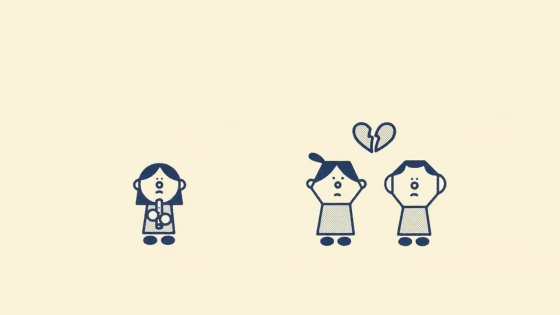
The biggest obstacle to learning from failure is that failure is painful.
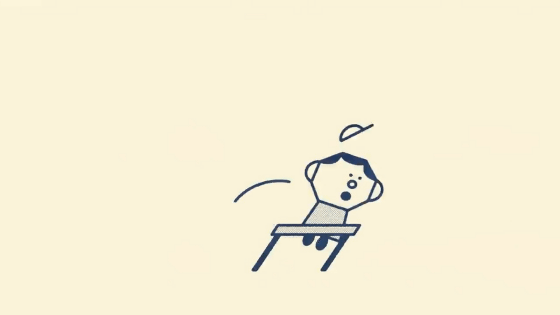
Humans generally like to think of themselves as competent, and when they experience failure, that self-image is threatened.
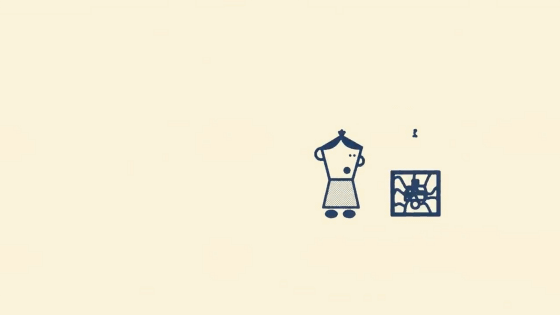
A replication of the 2019 study found that the group who got the answer wrong the first time were significantly less confident than the group who got it right.
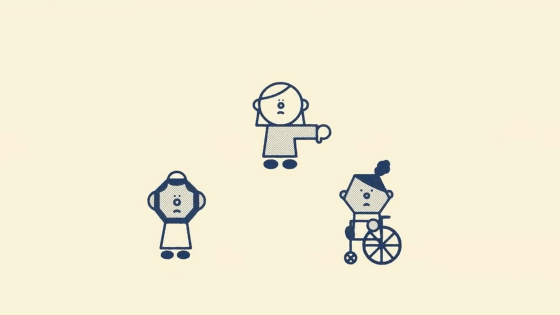
Research has also shown that when people feel unmotivated or incompetent, their brains stop processing new information.
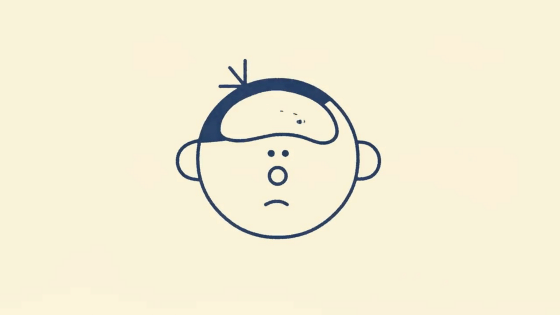
When there is a great threat to self-esteem, people may have a slower learning ability.
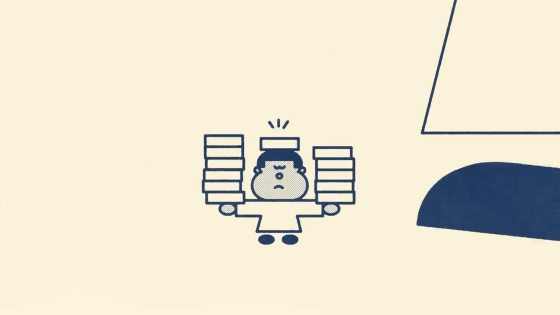
Our tolerance for failure also changes depending on our relationship to the task we are facing. A 2011
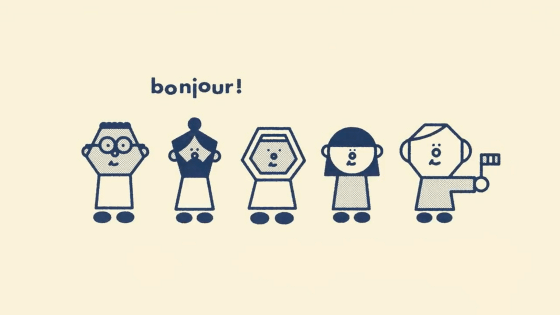
As a result, many students enrolled in introductory courses are looking for a teacher who will 'praise and improve,' while students in advanced courses are looking for a teacher who is more strict and points out their mistakes. got it.
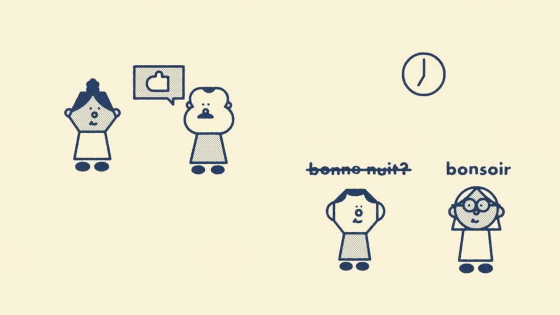
The research team has developed a hypothesis to understand this result. Beginners who have just started learning French are at the stage where they are unsure whether they enjoy learning French and whether they want to continue learning, so they may want to receive praise to stay motivated.
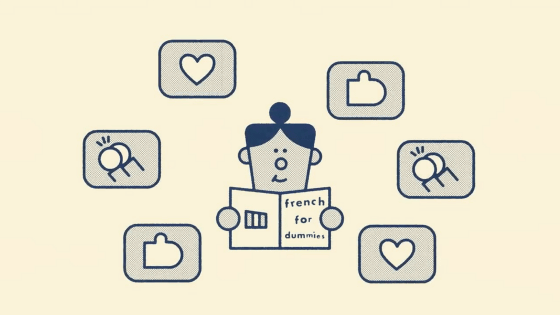
On the other hand, advanced learners have already put in a lot of effort, so they may want to improve their French skills more efficiently. Furthermore, since acquiring specialized knowledge involves a certain amount of failure, students who are already in advanced courses may have a higher tolerance for failure.
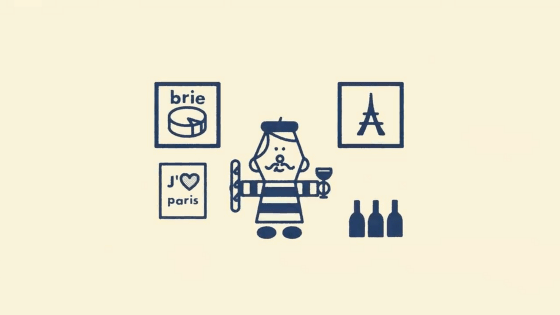
However, even if you are an advanced player, it is generally easier to learn from success than from failure. For example, when you receive your test results, if you get a good grade, you can be considered to have made the right choices regarding when, what, and how much to study.
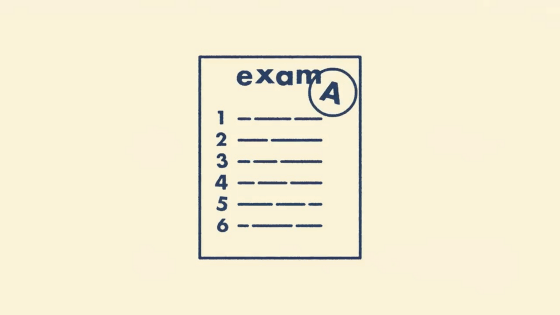
You can repeat it in the same way for the next test.
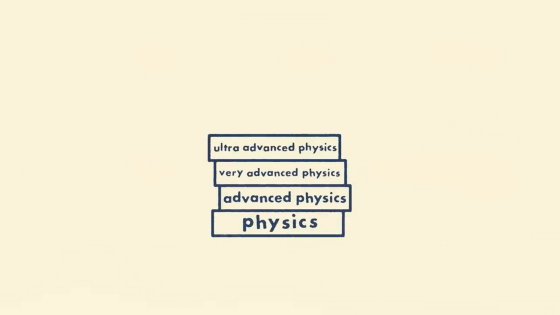
However, if your grades are poor, there could be many reasons why. For example, you may not have studied enough, you may have studied the wrong area, or you may have made a mistake in the scope of the questions. In these cases, it is difficult to find a way to improve grades based on failure because it is not clear what the problem actually was.
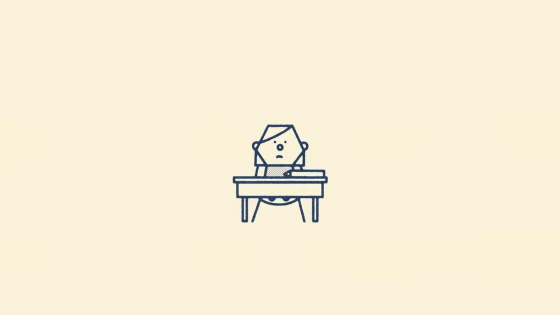
Of course, it's natural to want to learn from failure, and there are many things you can actually do to grow by cultivating resilience and a growth mindset.

However, if you fixate on your failures too much, you run the risk of forgetting your own successes.

Therefore, the video concludes that it is more effective to accumulate the things you did right than to keep focusing on the things you did wrong.
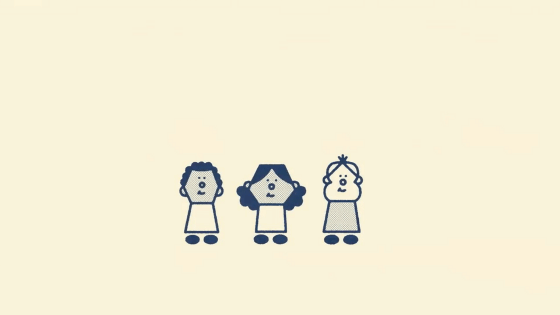
Related Posts:







